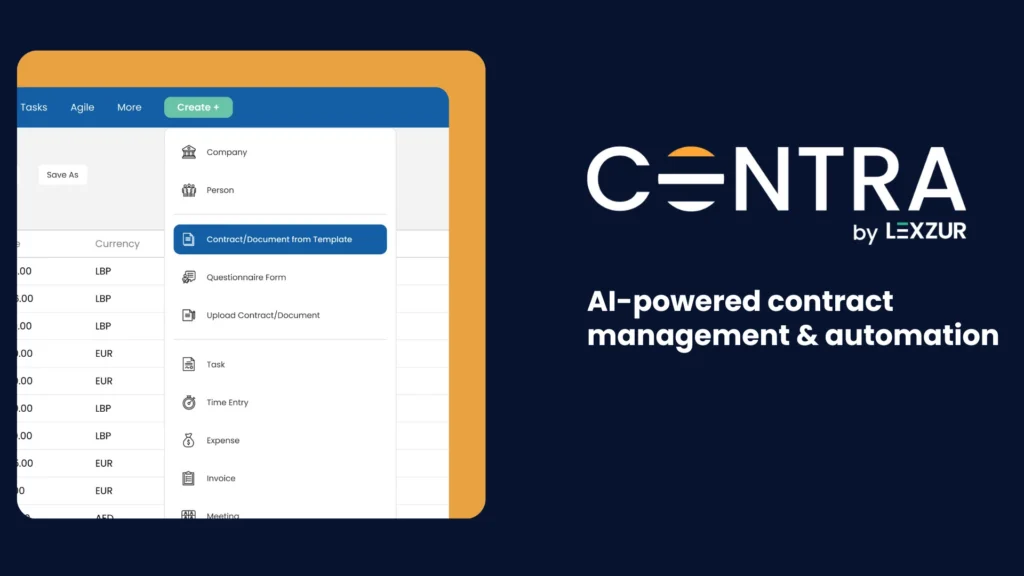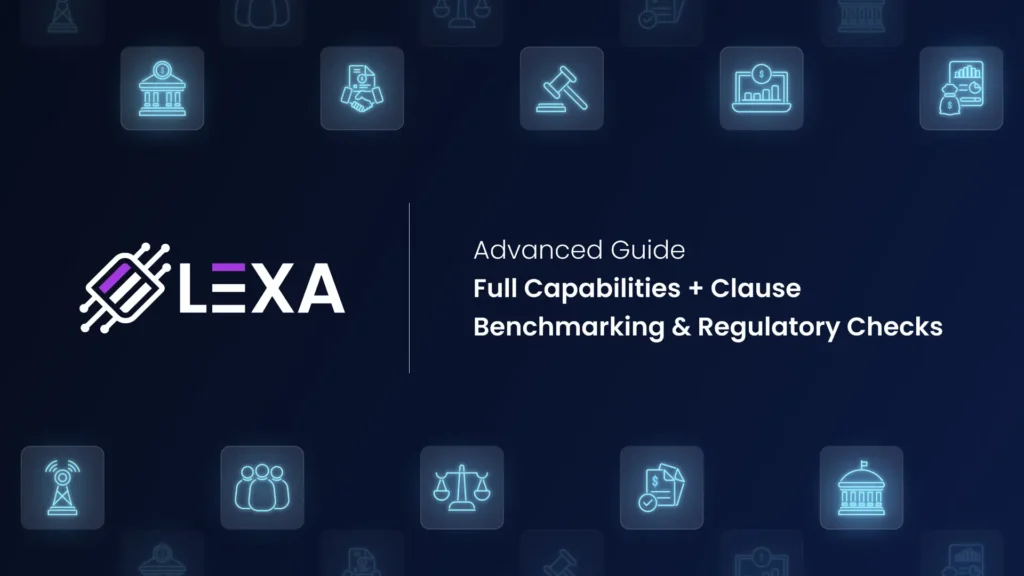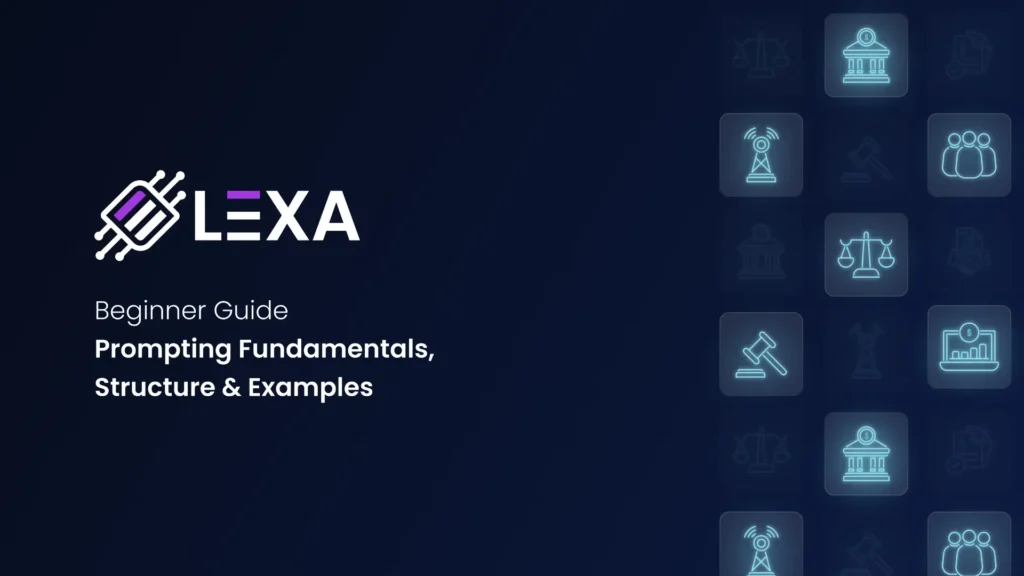What is Contract Lifecycle Management?
Over 60% of businesses face penalties or revenue loss because of poorly managed contracts. What happens when agreements slip through the cracks? Costs increase up by 15%, due to a renewal missed date and a discount lost.
That’s when contract lifecycle management comes in. It is the duty of supervising contracts from the start to the conclusion so that deadlines, commitments, and opportunities are never missed.
Why Software Matters
Trying to manage agreements in spreadsheets and inboxes is like juggling with one hand tied. How many critical dates or hidden clauses might be sitting unnoticed in your email right now?
One healthcare provider learned the hard way—missing a compliance clause buried in a vendor contract. The result? A fine that wiped out nearly half a quarter’s profits. A startup had a similar headache when it let an NDA with a development partner expire; negotiations stalled, and the delay pushed product launch back by two months.
This is why companies adopt contract management software and more advanced contract lifecycle management software. These tools centralize records, send reminders, and streamline approvals—helping businesses stay sharp instead of scrambling.
Core Features of Effective CLM
A strong contract management system is more than a filing cabinet. It typically delivers:
- Centralized program for managing documents that allows you to search for and access them securely.
- Automated workflows that keep the approvals functioning.
- Reminders and alerts for compliance and renewal dates.
- Analytics and reporting assist in uncovering risks and keeping an eye on performance.
Wouldn’t it be more efficient if all agreements were in one place? And how much time could your team save if approvals were done automatically instead of by email?
Innovative developments that are changing CLM software
Technology is changing the way firms make deals. Modern CLM software is going from just keeping records to being smart and proactive:
- AI insights that quickly point out problematic clauses.
- Smart contracts that run themselves on the blockchain.
- Predictive analytics to spot which deals are most likely to stall or cause disputes.
If your contracts could think for you, what risks could you sidestep—and how much faster could deals close?
Where Companies Go Wrong with CLM
Even with good tools, missteps are common:
- Treating CLM as “just storage” instead of strategy.
- Keeping legal in charge but leaving finance or sales out.
- Forgetting to automate renewals, leading to missed deadlines.
- Choosing generic tools over tailored contract management solutions.
Sound familiar? These are the pitfalls that keep contracts from adding real value.
Benefits of Contract Management Solutions
When done right, contract oversight becomes a business advantage. Companies using a contract management solution often see:
- Lower risk by always meeting your responsibilities.
- Clear contract data helps clients make decisions faster.
- Automated approvals save time.
- Stronger partnerships through reliable execution.
One retailer cut approval times from three weeks to five days after adopting a platform—gaining the agility to secure deals faster than competitors.
Contract Lifecycle Management (CLM) covers everything from drafting and negotiation to approvals, compliance, and renewal—but most tools make the process more complicated than it needs to be. Contra, built on Lexzur, changes that by streamlining every stage of the lifecycle. With AI-powered drafting, real-time collaboration, and smart compliance features, Contra turns CLM from a bottleneck into a simple, efficient, and transparent process
In today’s fast-paced environment, it’s dangerous to overlook contract oversight. CLM allows businesses to get their tasks done faster in one secure place. No matter how big your firm is, a contract management solution may help you turn your contracts from roadblocks to growth drivers.








Leave a comment